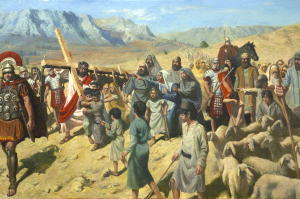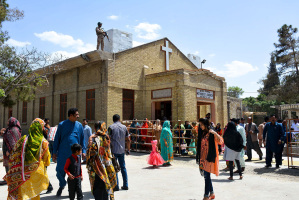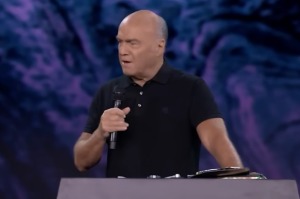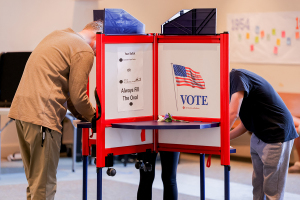Supreme Court Refuses to Hear Mt. Soledad Cross Case

The Supreme Court on Monday refused to take up the case regarding the Mt. Soledad cross war memorial in San Diego, California, and sent the case back to the U.S. 9th Circuit Court of Appeals.
Supreme Court Justice Samuel A. Alito Jr. wrote that the case's appeals process must be fully exhausted before it can be addressed by the higher court. A U.S. district judge had ruled against the cross back in December, but issued a stay in his ruling, so those defending the cross may appeal it.
The Mount Soledad Memorial Association then petitioned the Supreme Court, asking if they could circumvent an appeal in the 9th Circuit and receive a Supreme Court ruling to settle the constitutionality of the cross once and for all.
The 43-foot-war memorial cross has served both as a landmark of San Diego and as the source of a contentious constitutional debate for multiple decades. Erected in 1954 to serve as a memorial for all war veterans, the cross was later converted as a memorial to veterans of the Korean War. The cross has been legally challenged by different groups for the past 23 years, and the most recent case being addressed in the 9th Circuit was brought on by the American Civil Liberties Union in 2006. The ACLU challenged the cross after the federal government took possession of the cross' land from the city government and designated the area as an official war memorial in an attempt to end the constitutional battle. The ACLU, representing a group of Jewish veterans, argued that taxpayer money should not fund the cross memorial.
Although the Supreme Court refused to take up the Mt. Soledad case, their decision on Monday does not mean they will not address the issue at a later date. It also means that while the 9th Circuit continues to debate the cross, the war memorial will be able to remain in San Diego.
San Diego Attorney James McElroy, who is representing one of the main opponents of the cross, told U-T San Diego that he is pleased with the Supreme Court's decision to not hear the case.
"The court did the right thing and did not agree to hear this case as an urgent matter," he said. "I think it basically is going to come down to moving the cross or privatizing the land by selling it to a private entity. We have suggested we would talk about that but I think they (cross supporters) are bound and determined to get this case to the Supreme Court."
Those defending the cross in court have reiterated their confidence that the cross' case will be heard at the Supreme Court level, even if it takes another two or three years to pass the 9th Circuit.
"The important thing is to remember, though, is the cross is not going anywhere — not now, and we believe not ever," Charles LiMadri, one of the attorneys defending the cross, told the Times of San Diego.




























